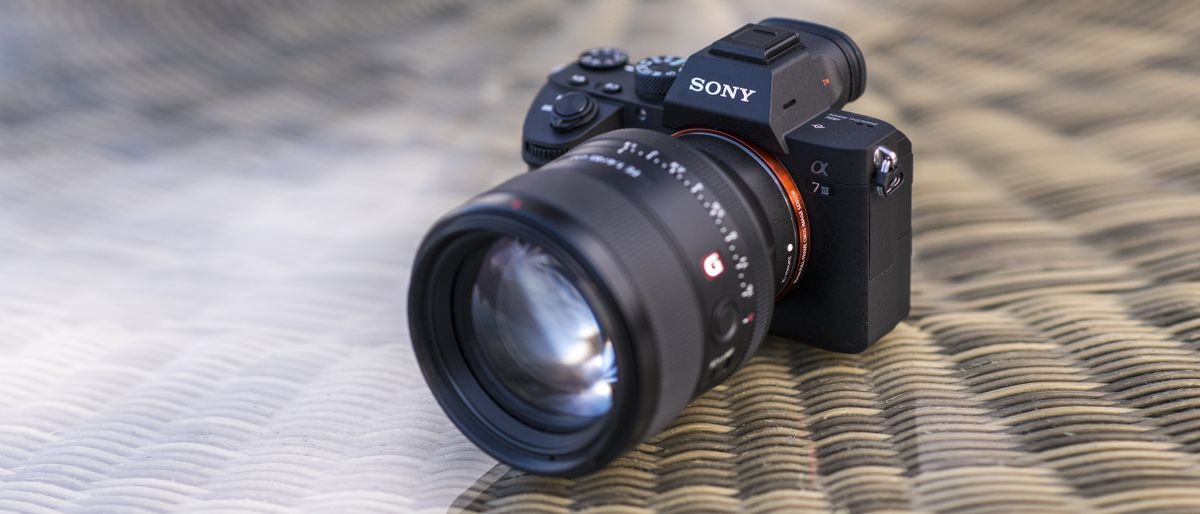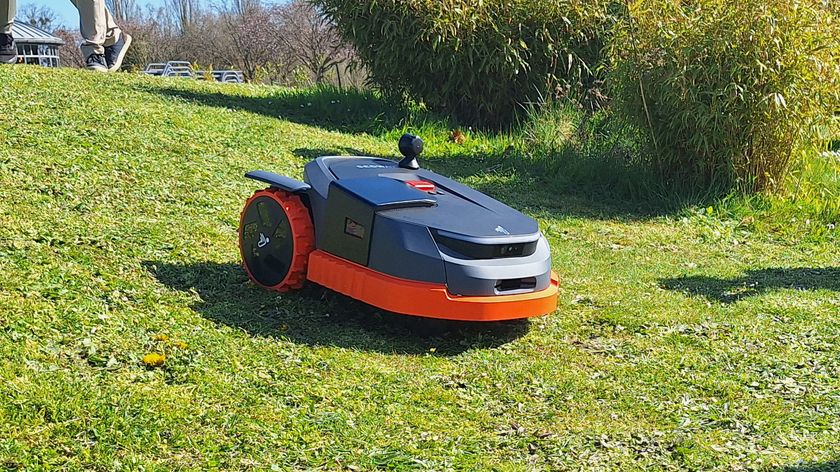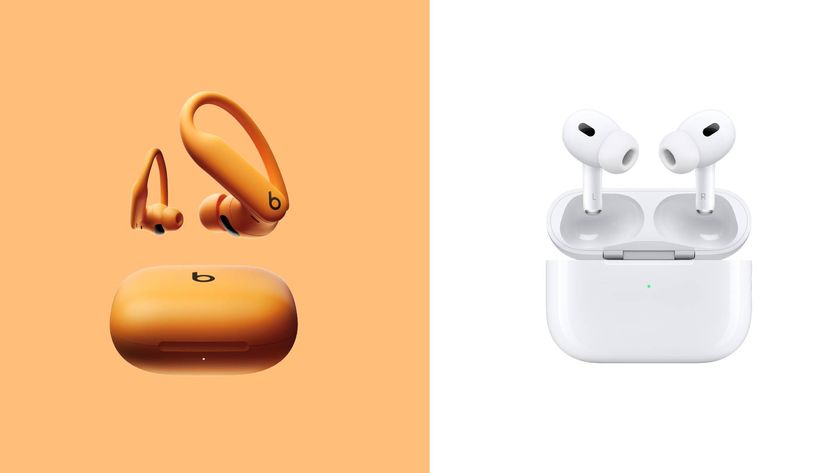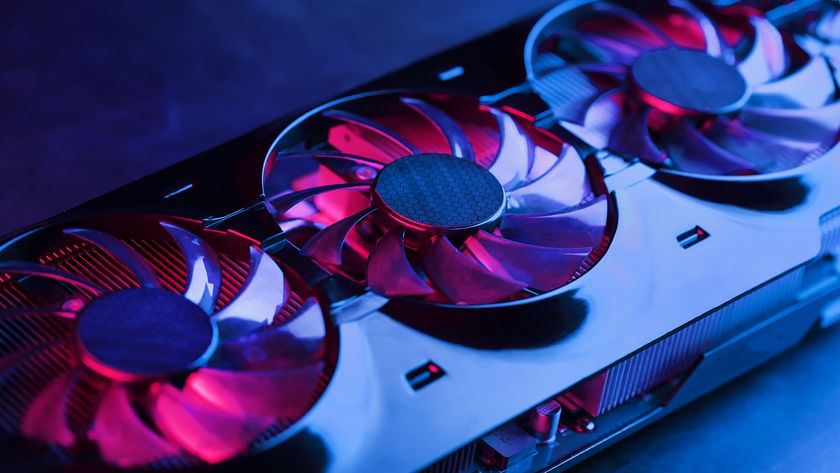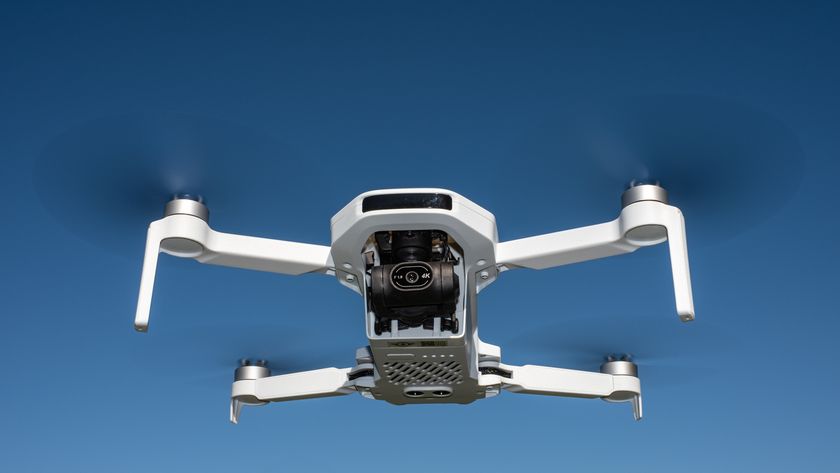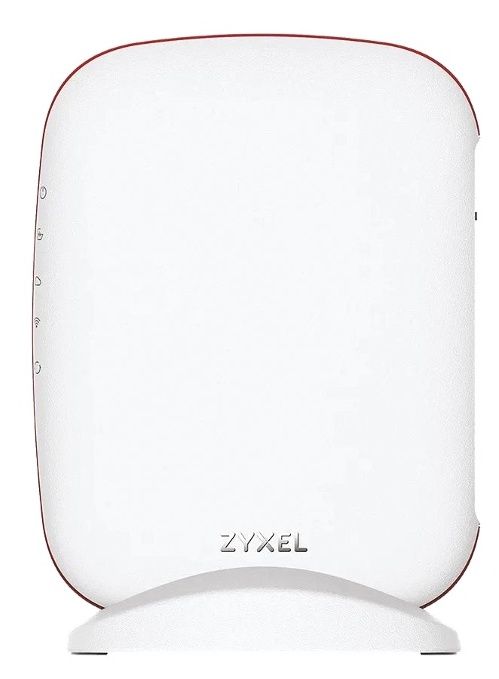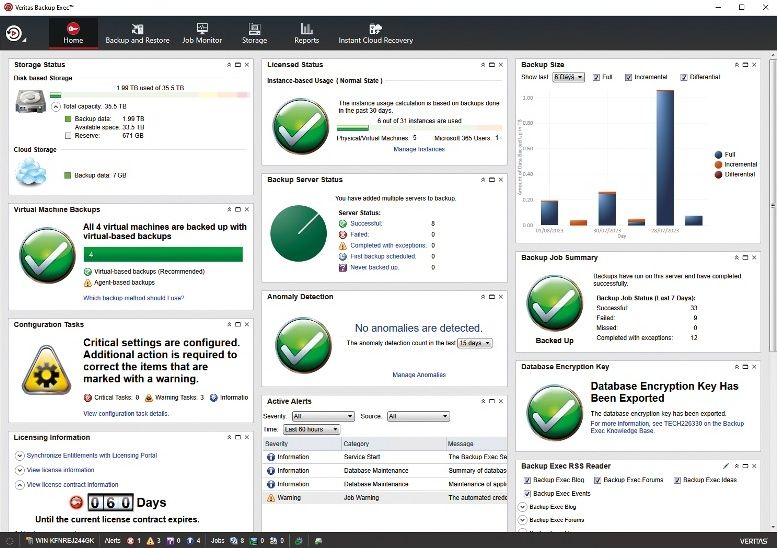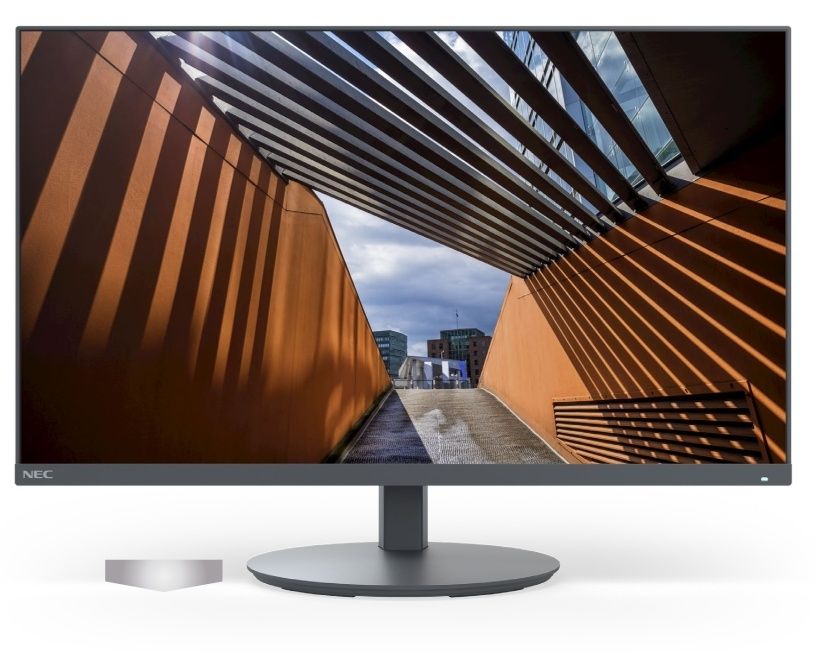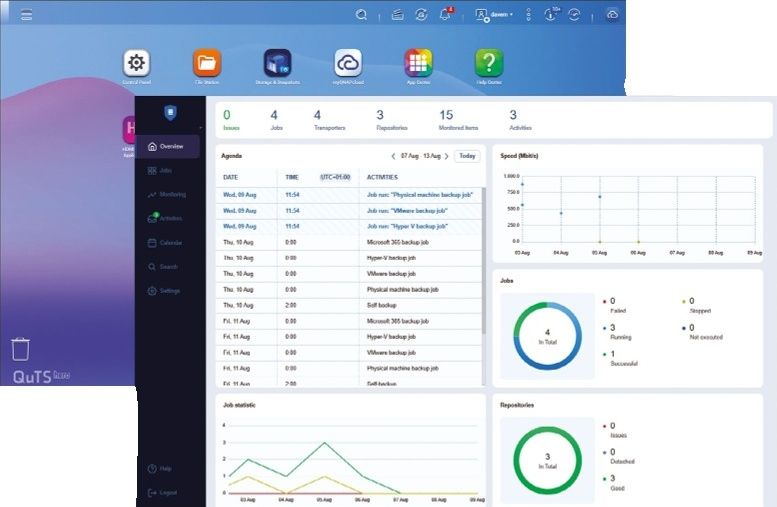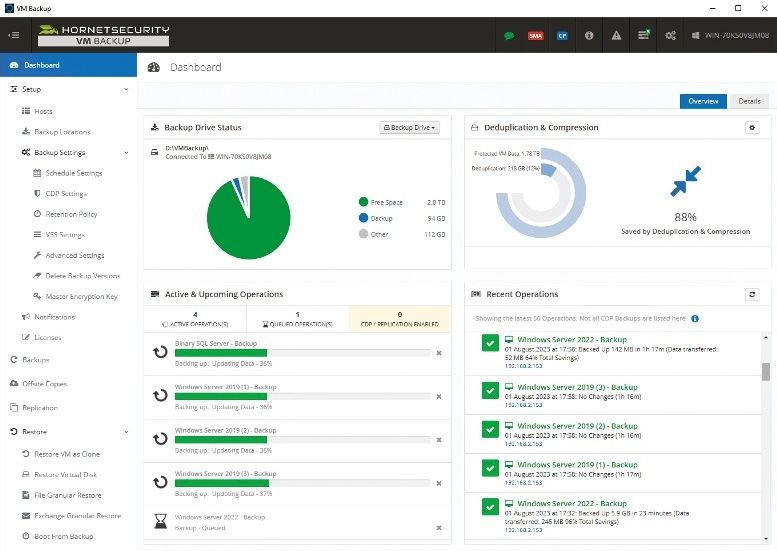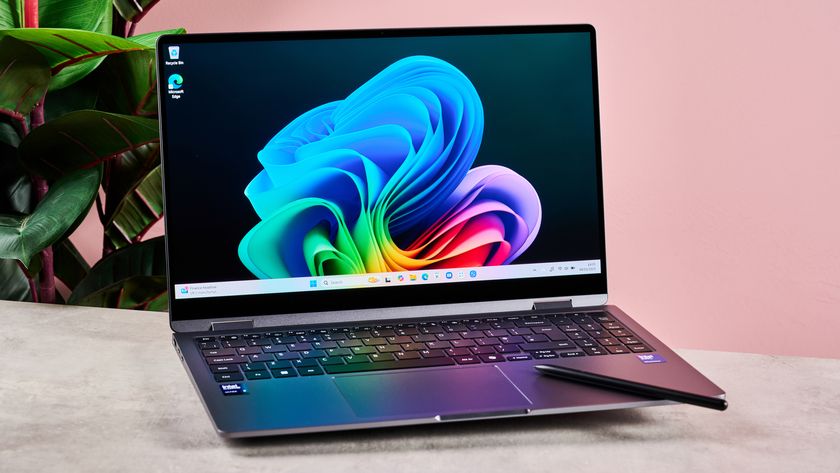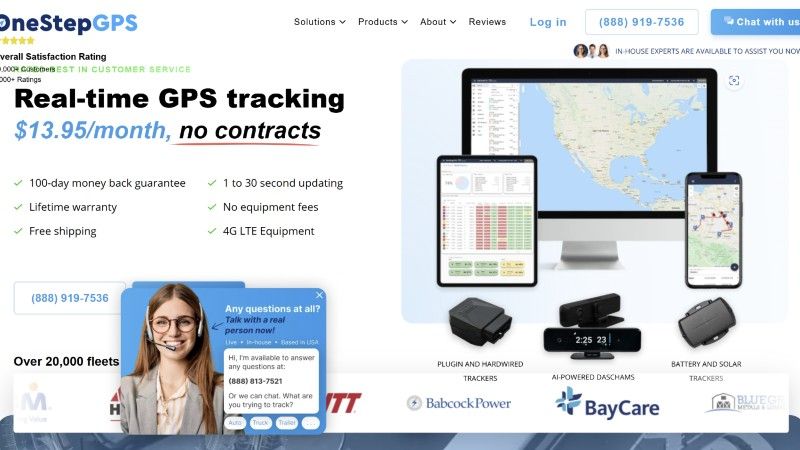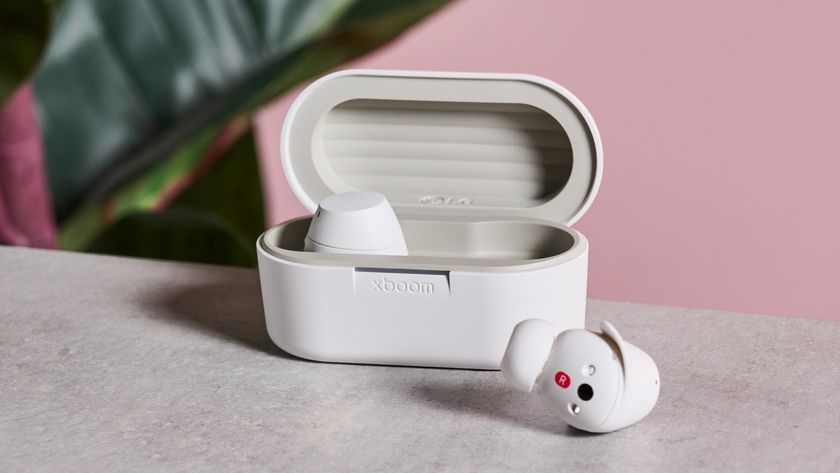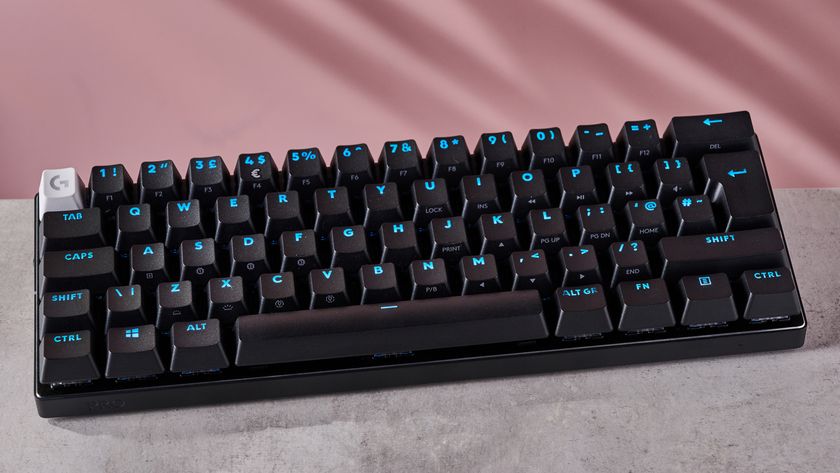TechRadar Verdict
The Alpha A7 III is a brilliant camera that ticks a lot of boxes for many photographers. Sony has taken some of the best bits from its flagship Alpha A9 and A7R III, and distilled them into a single camera that offers a fantastic mix of performance and image quality. For the price, there's nothing that can touch it.
Pros
- +
693-point AF system
- +
10fps burst shooting
- +
Uncropped 4K video
- +
15-stop dynamic range
- +
5-axis image stabilization
- +
Compact and durable body
Cons
- -
Limited touchscreen control
- -
Only one SD slot supports UHS-II cards
- -
Slight 'tearing' in EVF
- -
Poor weather-sealing round accessory ports
Why you can trust TechRadar
The Alpha A7 III sits on the bottom rung of Sony's full-frame mirrorless camera range, and is designed to appeal to both keen enthusiast photographers and professionals.
In the past the A7 series of cameras have always felt like poor relations to the A7R and A7S series. While the latter two ranges have tended to capture the limelight with their high pixel counts and advanced video capabilities, the A7 cameras have always been regarded as the basic models, sporting a solid but unremarkable set of features.
That looks like it could all change with this third-generation A7 camera. Borrowing many features from the top-of-the-range Alpha A9, as well as the Alpha A7R III, the Alpha A7 III looks anything but basic.
Features
- All-new 24.2MP back-illuminated sensor
- 5-axis image stabilization offers 5-stop compensation
- 4K video capture using full width of the sensor
Sensor: 24.2MP full-frame back-illuminated CMOS
Lens mount: Sony FE
Screen: 3.0-inch tilt-angle touchscreen, 921,000 dots
Burst shooting: 10fps
Autofocus: 693-point AF
Video: 4K
Connectivity: Wi-Fi, NFC and Bluetooth
Battery life: 710 shots
Weight: 650g
Sony hasn't been tempted to increase the resolution of the Alpha A7 III, so it stays at 24.2MP, like the Alpha A7 II. However, the sensor is completely new and features a back-illuminated design which, combined with the latest BIONZ X image processor, sees the sensitivity range greatly improved over the older model – with an extended ISO ceiling of 204,800 (the same as the Alpha A9), it's three stops better than the A7 II's 25,600 limit. Sony also reckons it's managed to achieve a dynamic range of 15 stops with 14-bit raw files.
While the electronic viewfinder (EVF) doesn't get a bump in resolution to match the A7R III's 3.8 million dots, the 2.3 million-dot EVF on the Alpha A7 III gets a slightly higher magnification factor than the older model, up from 0.71x to 0.78x.
As we've seen with other recently announced Sony cameras, the rear 3.0-inch tilt-angle display is now touch-sensitive, enabling you to set the focus point and browse through images quickly, although it doesn't allow for quick navigation of the camera's menu.
The 5-axis in-body image stabilization system in the Alpha A7 III has also been tweaked, and now provides five stops of stabilization, improving slightly on its predecessor's 4.5 stops.





It's no surprise to see 4K video capture on the Alpha A7 III. Recording in 24p, the full full width of the sensor is used, with full pixel readout and without pixel binning. This sees around 6K of data collected (2.4x the amount of data required), before the footage is then oversampled to produce what Sony says will be 4K footage with exceptional detail and depth. If you want to shoot at 30p, there's a 1.2x crop option that uses roughly 5K of the sensor.
As we've seen with the Alpha A7R III, the Alpha A7 III offers a new HLG (Hybrid Log-Gamma) profile that supports an Instant HDR workflow, allowing HDR (HLG)-compatible TVs to play back 4K HDR footage.
As well as this, both S-Log2 and S-Log3 are available for increased color grading, while if you want to shoot Full HD footage you can do so at up to 120fps.
The Alpha A7 III sports two SD card slots, but, again like the Alpha A7R III, only one of these supports faster UHS-II cards. There's also Wi-Fi and NFC connectivity to enable you to transfer images, but no Bluetooth (which can provide a low-powered, constant connection between the camera and smart device to make image transfer that bit more seamless).
Phil Hall is an experienced writer and editor having worked on some of the largest photography magazines in the UK, and now edit the photography channel of TechRadar, the UK's biggest tech website and one of the largest in the world. He has also worked on numerous commercial projects, including working with manufacturers like Nikon and Fujifilm on bespoke printed and online camera guides, as well as writing technique blogs and copy for the John Lewis Technology guide.
